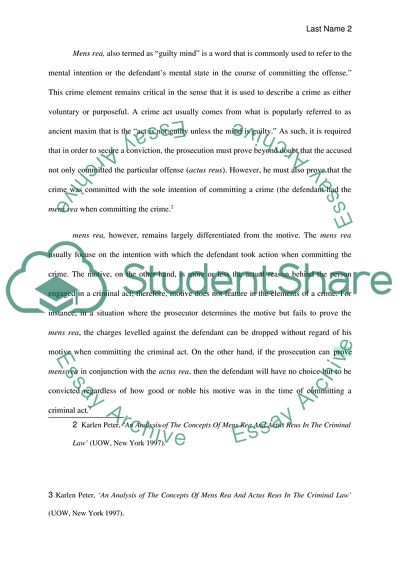Cite this document
(Principle of Mens Rea Report Example | Topics and Well Written Essays - 2000 words - 7, n.d.)
Principle of Mens Rea Report Example | Topics and Well Written Essays - 2000 words - 7. https://studentshare.org/law/1854779-criminal-law
Principle of Mens Rea Report Example | Topics and Well Written Essays - 2000 words - 7. https://studentshare.org/law/1854779-criminal-law
(Principle of Mens Rea Report Example | Topics and Well Written Essays - 2000 Words - 7)
Principle of Mens Rea Report Example | Topics and Well Written Essays - 2000 Words - 7. https://studentshare.org/law/1854779-criminal-law.
Principle of Mens Rea Report Example | Topics and Well Written Essays - 2000 Words - 7. https://studentshare.org/law/1854779-criminal-law.
“Principle of Mens Rea Report Example | Topics and Well Written Essays - 2000 Words - 7”. https://studentshare.org/law/1854779-criminal-law.


